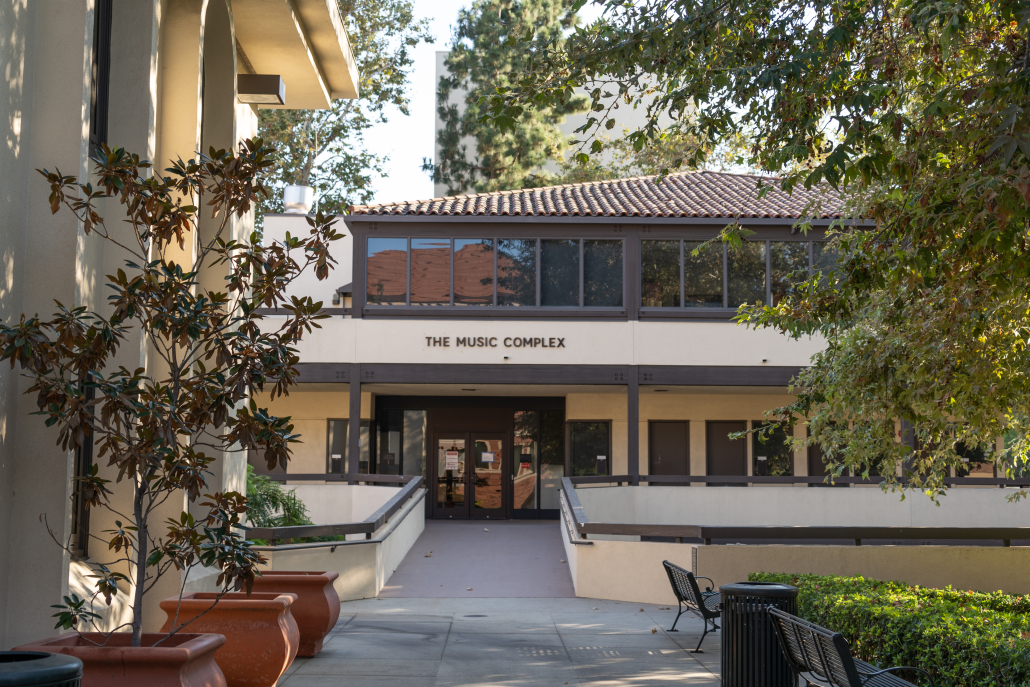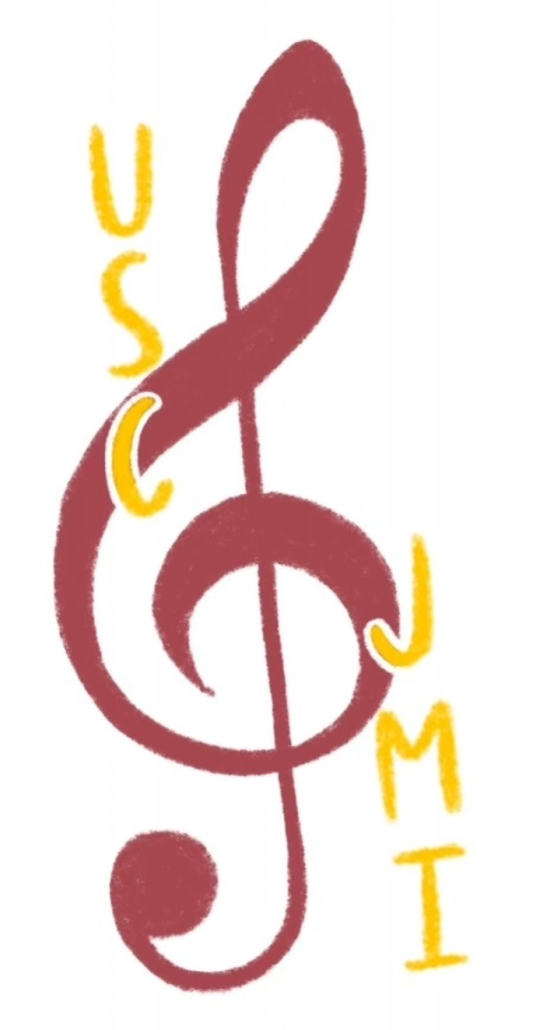Students debut music industry journal

When Thornton professor Andrew Leff brought up the idea of creating an academic journal dedicated to the music industry, students in his “Business and Legal Aspects of the Music Industry” and “Ethics in the Music Industry” classes enthusiastically took to the idea. Launching the initiative in Spring 2021, Leff and the students released the first issue of the USC Journal of Music Industry Jan. 30.
Described as providing “an interdisciplinary analysis of the music business by shedding light on contemporary topics, perspectives and innovations,” the journal grants contributors the opportunity to discuss music industry related topics in an academic way and via a peer review process of a professional caliber.
Aidan McIntyre, a junior majoring in music industry and economics, is one of the three co-founders of the journal and serves as its executive director.
One of the purposes of the journal, McIntyre said, is to be able to provide academic discourse and “elevate diverse voices.”
“We’re excited that we have now set the precedent,” McIntyre said. “We’ve now set the foundational platform for more students at USC to get more academically and intellectually involved with the current state of the music industry, contemporary topics, future developments — all of these things that are going to be very important.”
Members of the journal intended to release its first issue in Fall 2021. However, the intensivity and time constraints of the peer review process and quality control affected the release schedule, McIntyre said.
“The biggest challenge is that we were doing this entirely from scratch,” McIntyre said. “We had this idea of what we wanted the journal to be, and we had this idea of how to get there with none of us ever having done that, so the beautiful thing about this process is it really was a learning experience, and there were roadblocks for sure.”

Check-ins with the team occurred over Zoom as some founders graduated or were studying abroad. The Zoom meetings allowed for staff to discuss matters such as the format of the journal or the appearance of the official website.
Olivia Wendland, a junior majoring in music industry and public relations, conducts research and quality control for the publication and said the process of ensuring the accuracy of submitted texts was a “tedious” task.
“It’s ensuring we’re putting out quality work,” Wendland said. “Another part of the process that we had to double check is that all the citations were accurate and all the sources that we’re getting were good sources to pull from because we want this to be very professional and trustworthy.”
Rebecca Clemmons, who graduated in May 2021, co-founded the journal and operated the website and social media. While she no longer plays an active part in the journal, she said she hopes the journal will provide a community for students from various academic backgrounds with an interest in the music industry.
“The thing that I would like to see the most is a variety of authors,” Clemmons said. “I want to see people writing about the music industry from Annenberg and from Marshall and from Dornsife [and] from Roski, and I want that interdisciplinary participation, and I want to see it from a bunch of different demographics of authors.”
The first issue of the journal contains content ranging from interviews with music professors to research articles delving into aspects of the music industry. One text piece that stood out to the personnel of the journal was a feature titled “How East Meets West: An Analysis of the Cross-Cultural Transferability of Western K-pop Fans’ Consumer Behavior” by Miranda Jackson.
McIntyre said Jackson’s text originated from her master’s thesis, which was condensed to be included in the journal. McIntyre and other collaborators were glad that Jackson went through the process of ensuring that her piece fit into the first issue.
“The first time I really [closely] read it, I learned so much in such a short amount of time and in a really easy-to-read way,” McIntyre said. “It just sort of blew me away that it was just nothing I’d ever really looked into before and it was just interesting, and the point of the journal is to do these interesting academic deep things in a way that’s easy to read.”
Olivia Wendland sees the journal as an open space to serve people’s passion for the music industry. She and her colleagues look to encourage and foster music-related content through the journal.
“The goal is really to open it up to any type of music industry-related writing,” Wendland said. “There’s so much in [the] music industry that hasn’t been researched and hasn’t been made academic.”
The journal is currently looking for submissions to its second issue, which has yet to set a release date. Submissions, accepted until March 31, can come from USC undergraduates, graduates, alumni, professors and faculty with an interest in the music industry.

